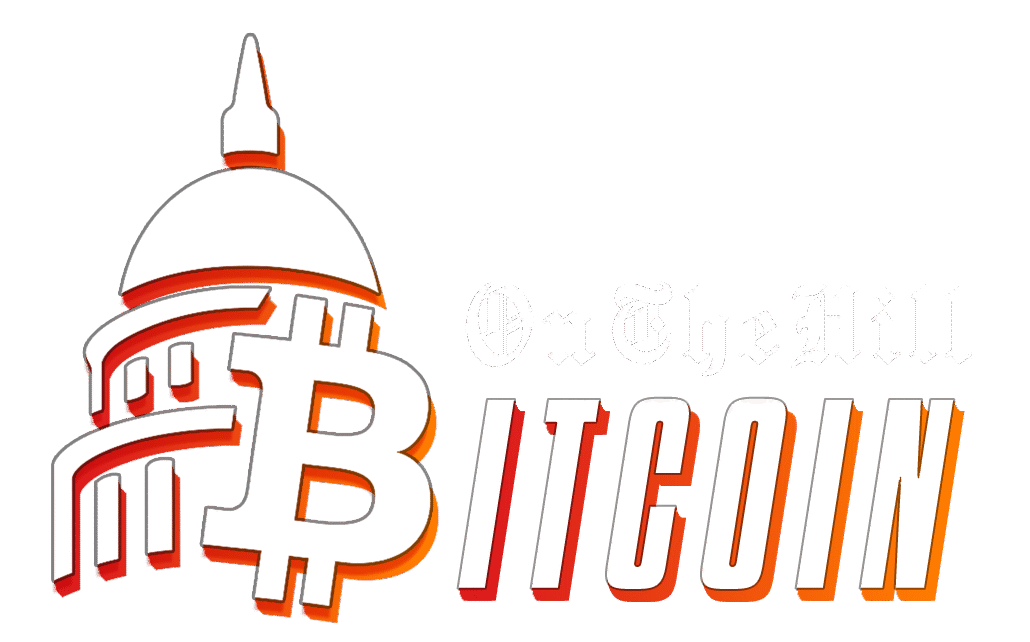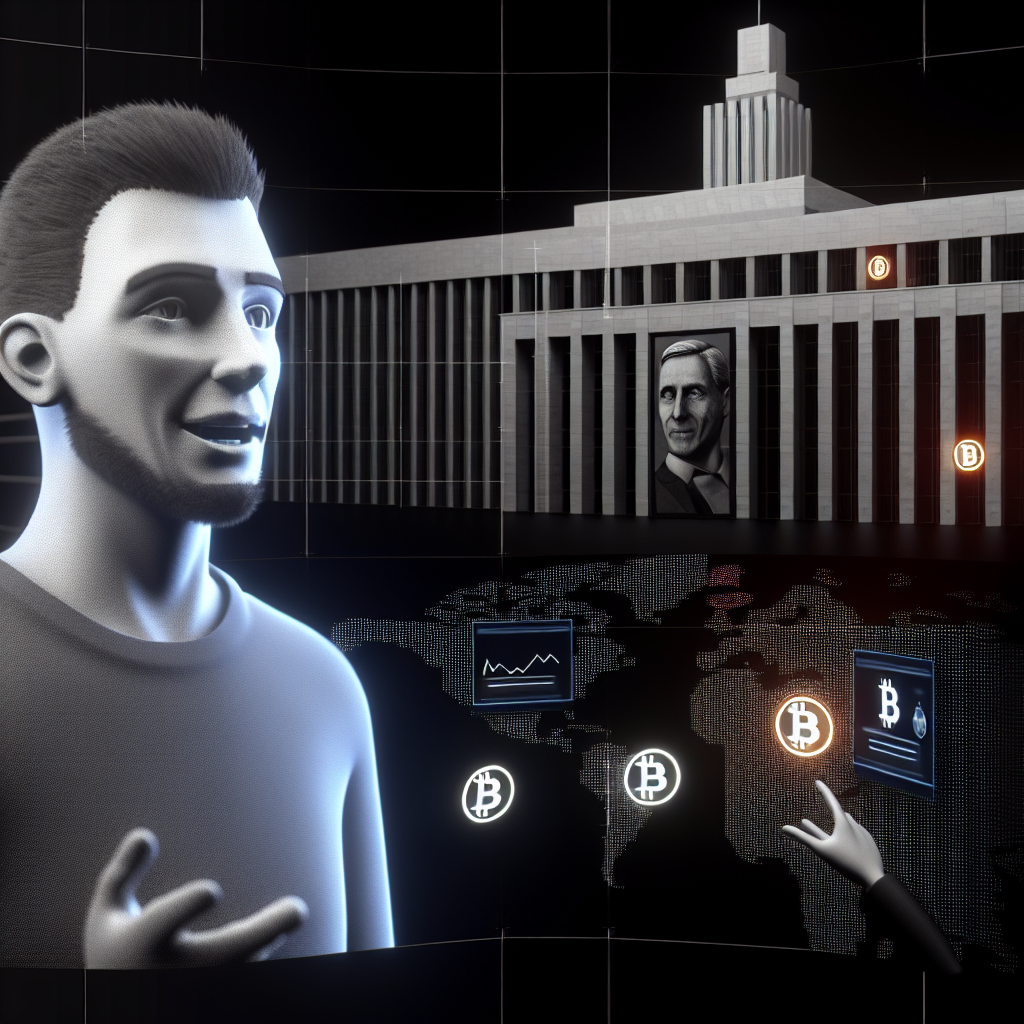
What’s Up With the Fed and Rate Cuts?
Picture this: the people in charge of America’s money game (aka the Federal Reserve, or “the Fed”) are starting to admit they’re worried. Not just about prices going up (inflation), but more about jobs – whether you’ll land that next internship, pay raise, or even keep your job in a weird economy. Lately, the Fed’s top officials have been dropping hints: the era of sky-high interest rates might finally be coming to an end.
So, what does that actually mean for you? Let’s break it down, especially since these money moves could hit your paycheck, your savings, and even your student loan payments. Plus, there are huge political consequences gearing up right as we get closer to a major election year.
Labor Risks Are Freaking Out the Fed
Until recently, the Fed was laser-focused on fighting high prices. Their solution: crank up interest rates, making it pricier to borrow for anything from starting a business to buying a car. In theory, that cools down the economy and tames inflation. But there’s a downside: high rates also make it harder for companies to hire and for regular people (especially younger workers) to snag jobs.
Now, Fed officials are saying out loud what a lot of folks feel—a tough job market is coming fast. Think layoffs, hiring freezes, and fewer opportunities to move up the ladder. That’s bad news for anyone just entering the workforce, thinking about grad school, or simply trying to pay the bills.
Rate Cuts: Hype or Real Help?
So here’s the big question: If the Fed starts lowering rates soon, will it actually make your life easier? Maybe—but it’s complicated.
- Cheaper Loans: Interest on credit cards, student loans, and mortgages could drop. That means keeping more of your paycheck and less going to the bank each month.
- More Jobs (Maybe): When borrowing is less expensive, companies sometimes hire more workers or give out raises. But it takes time for these wins to trickle down to entry-level and gig economy jobs.
- Inflation’s Still Here: Prices for essentials—groceries, rent, streaming services—are still pretty high. Rate cuts can give the economy a boost, but they don’t solve everything.
Why Should Young People Care?
If you’re a student, gig worker, or just starting your career, the Fed’s decisions are way more than stock market noise. High rates make it harder for you to build a financial cushion or qualify for a loan. If you already have debt (and who doesn’t?), even a small rate cut could mean saving hundreds or thousands over the next few years.
On the flip side, if the Fed moves too slow, jobs could dry up fast—making it even tougher for new grads to get hired, open a small business, or move out on their own. It’s a balancing act: cut rates too late, and young people lose out most.
The Political Vibes: Election Season Gets Heated
Let’s be real: decisions about interest rates aren’t just about economics—they’re deeply political. As we head into a major election season, both parties are watching the Fed like hawks.
For younger voters, promises about the economy, student debt, and jobs are front and center. Rate cuts right before an election risk looking like a political move—maybe to boost voters’ moods and pocketbooks. Critics say this can mess with accountability and transparency at the highest levels.
Plus, whoever ends up in the White House next year will inherit the aftershocks of the Fed’s decisions. If rate cuts help stabilize jobs and slow inflation, it could shape everything from the political climate to your day-to-day finances for years to come.
Watch This Space: Your Money, Your Move
Here’s the bottom line: Every time the Fed signals a rate change, it’s not just Wall Street’s problem. It’s about your rent, your job prospects, your ability to pay off debt, and your vote.
Young Americans have been hit hardest by economic setbacks, from the pandemic to inflation. Understanding (and demanding more transparency from) the folks controlling our financial system is more essential than ever. Whether rate cuts add a little breathing room to your wallet or just tweak some numbers on a banker’s spreadsheet depends on how loudly we push for real change.
Stay tuned. The next few months will tell us whether the Fed—and the politicians watching them—are really listening to what young people actually need.




